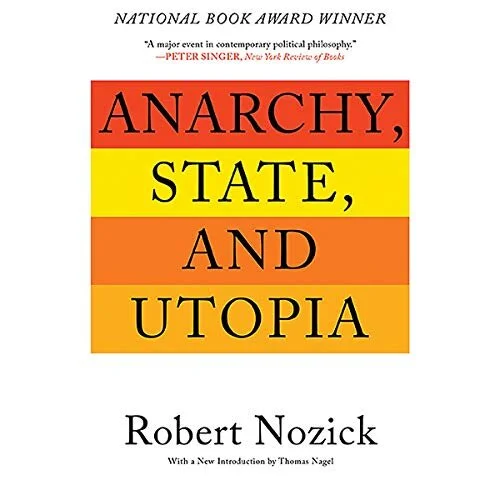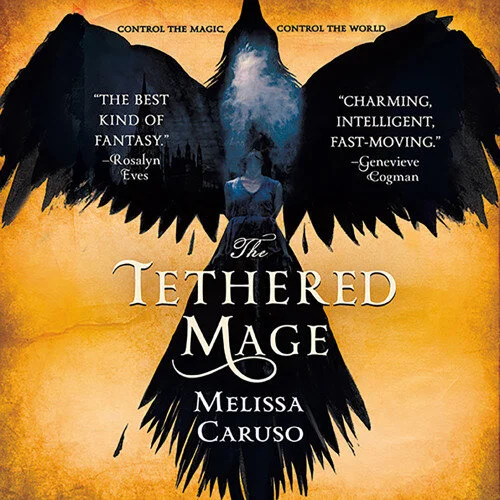The Testaments shows a world where the story that America tells is dead
What is the story that Gilead tell itself about itself? All nations do this. Nations are more accurately described as a collective story than a designated area of land. Although Margaret Atwood never explicitly states it, the story Gilead tells itself is that it is God’s kingdom on Earth and that all other nations are sinful. Gilead is the combined idea of nationhood with religious purity.
The world of Gilead is at the same time familiar and alien to us. They appear to have a similar level of technology as we do. They have cars and planes, for example. The life of a Commander’s daughter, as described in Atwood’s new novel The Testaments, is recognisable as an upper middle-class American household with a driver and cook.
However, Gilead is also unrecognisable to us. It’s a nation with an authoritarian government and a population of religious fundamentalism, apart from a few brave souls who resist. As Gilead is in many ways recognisable our world, it begs the question: how do we get from our world to Gilead? The stories that nations tell themselves will be instructive in answering this question.
The end of liberal democracy
The biggest difference between Gilead and our world is the complete absence of liberal democracy. This can be clearly seen in the role of women in The Testaments and the preceding novel The Handmaid’s Tale. In both novels women have no political or social freedom. Almost every aspect of their lives is tightly controlled by men. To us, citizens of liberal democracies, we find the lack of freedom that the women in Gilead have disgusting as it is diametrically opposed to how we view a fair society, which itself is based on our experience of liberal democracy.
In Gilead there is no democracy, no elections, no representation. The Commanders make all the important decisions and there are no checks and balances. The idea that our world of liberal democracy could move so quickly to one of no democracy is unrealistic. Yes, liberal democracy is showing strains in our world but, were it to fail, it wouldn’t turn so quickly into theocratic authoritarianism.
In the backstory of Gilead, as outlined in The Handmaid’s Tale, we see the breakdown and failure of democracy in America over several years. It’s realistic that our current mode of liberal democracy could end in several years. What is unrealistic is that there would be no democracy at all in Gilead.
Short and long stories of democracy
The difference between the end of our current mode of liberal democracy and the end of all democracy has to do with what Cambridge University politics professor David Runciman calls the long and short stories of democracy. Democracy is not one thing and it has meant different things at different times in history.
Runciman outlines that the long story of democracy goes back to Ancient Greece. Broadly, it’s the story of the idea that no one is born to rule, that there should be some means of selecting our leaders and some means of holding them to account. The short story of democracy is the story of our current mode of liberal democracy: that everyone gets a vote and all votes are equal.
It’s possible that the short story of democracy could end within our lifetime. In America, the idea that everyone should have a vote only goes back to 1920 when women got the vote and, in practice, only until The Civil Rights Act of 1964 and The Voting Rights Act of 1965 that made it possible for many African Americans to use their vote. That’s not very long in the entire history of democracy. Ancient Greece denied women the vote and accepted slavery.
One generation in the future
Is it realistic that America becomes Gilead and ends the short story of democracy over a few years? Yes, it’s possible according to Runciman. We don’t know how far in the future the novels take place. One generation or so from now? Offred in The Handmaid’s Tale could be the same generation as a theoretical daughter of mine. That would work within the time span of a possible end to the short story of democracy. It’s not even 100 years old in America (and even younger in some Eastern European countries). It could end within 20 years. That’s a realistic timeframe.
I can believe that the short story of democracy has ended in Gilead and been replaced by a theocracy that puts other people on a higher platform before God and has removed the idea that everyone should have a vote. The story that Gilead tells itself about itself is that this is all God’s will and that other liberal democratic nations are sinful.
The fact that there is no democracy in Gilead is less realistic. This story of democracy is over 2,600 years old and as such it’s much less likely to end in our lifetime. There would be some kind of election in Gilead. Only men would be allowed to vote and the choice would be between different members of the Commander class, as it was for much of the history of democracy in Britain and the US. Some form of democracy would continue, but it would be unrecognisable to us as citizens of a liberal democracy.
The story of women’s rights
Perhaps this is the case. The novels are written from the point of view of woman who would be disenfranchised in Gilead. This is outside the scope of the story that Atwood is telling about the lives of women in such a society.
What about the story of women’s rights? Like modern liberal democracy, women’s equality is a short story. In the US, women have only been allowed to vote since 1920 and abortion was only made legal nationally in 1973. Sadly, this means that the story of women’s rights could end within a generation, according to theory, and this makes Gilead much more chillingly realistic. This is the most important point that Atwood is making with these novels. The rights that we take for granted can be taken away very easily.
The story that America tells the world
There is also a medium story of democracy, as well as a short and long one. The medium story of democracy is the story that America tells itself. It’s the story of directly electing people (usually men elected by men) to represent certain geographical areas into a congress. America was closer to this model of democracy when it began than Britain was even after the Great Reform Act of 1832. This American model of democracy has been replicated around the world with many nations having presidents, senators and congressmen. America has become the medium story of democracy.
Could this end? Within a single generation? It’s possible according to the theory. This mode of democracy is only just over 200 years old and it could end in 20 or 30 years. In Gilead it has ended, which means that Gilead is not just the death of the current mode of liberal democracy, it is the death of the story that America tells itself about itself.
The work of Runciman shows that the things we take for granted like universal suffrage, equal rights and liberal democracy are not as solid as we might think. They might not be around forever. Atwood in her books makes this point about women’s rights. Both show that women’s rights and liberal democracy are not something we should take for granted and we should not ignore emerging threats to them.











